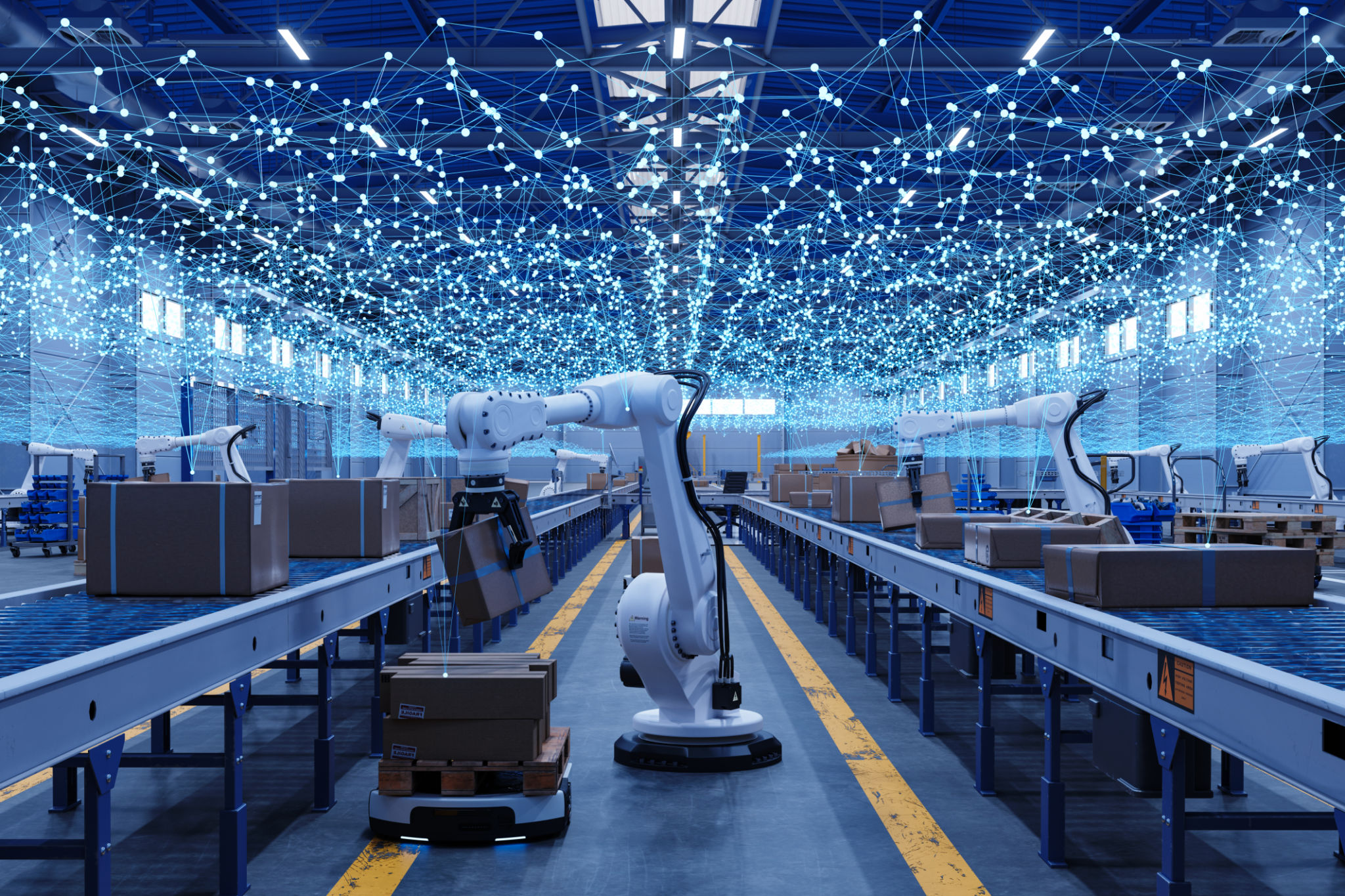Case Study: Implementing IoT Solutions in Hangzhou's Smart Factories
Introduction to IoT in Smart Factories
In recent years, **Hangzhou** has emerged as a leader in technological innovation, particularly in the realm of smart factories. By integrating Internet of Things (IoT) solutions, manufacturers in Hangzhou are transforming traditional production models into more efficient, automated, and intelligent systems.
These smart factories leverage IoT technologies to enhance production capabilities, reduce waste, and improve overall operational efficiency. In this case study, we explore how IoT solutions have been implemented in Hangzhou's factories and the benefits they bring.

IoT Implementation Strategies
The successful implementation of IoT in factories involves several key strategies. Firstly, businesses need to invest in cutting-edge sensors and devices that collect and transmit data in real-time. This data plays a crucial role in monitoring and managing production processes.
Secondly, integrating cloud computing platforms enables efficient data storage and analysis. By leveraging cloud technology, factories can process large volumes of data quickly, providing insights that drive decision-making and optimize operations.

Collaborative Partnerships
Building collaborative partnerships with technology providers is another essential strategy. Many factories in Hangzhou have partnered with leading IoT solution companies to ensure seamless integration and ongoing support. These partnerships facilitate access to the latest technologies and expertise.
Benefits of IoT in Smart Factories
Implementing IoT solutions brings numerous benefits to smart factories. One of the most significant advantages is increased efficiency. By automating routine tasks, IoT devices allow human workers to focus on more complex and strategic activities.
Additionally, IoT technologies help in predictive maintenance, reducing downtime and minimizing costs. By analyzing machine data, potential issues can be identified before they lead to failures, ensuring continuous production flow.

Enhanced Quality Control
Quality control is another area where IoT has a profound impact. Smart sensors continuously monitor production quality, identifying defects in real-time and allowing for immediate corrections. This leads to higher quality products and reduced waste.
Challenges and Solutions
Despite the many benefits, implementing IoT in factories is not without challenges. Data security is a primary concern, as connected devices increase the risk of cyber threats. To mitigate this, factories must invest in robust cybersecurity measures to protect sensitive information.
Another challenge is the integration of IoT with existing systems. Ensuring compatibility and smooth operation requires careful planning and expertise. Many factories address this by gradually phasing in IoT technologies, allowing staff to adapt and learn.

Future Prospects
Looking ahead, the future of IoT in Hangzhou's smart factories is promising. As technology continues to evolve, more advanced solutions will emerge, further enhancing productivity and innovation. By staying at the forefront of IoT developments, Hangzhou is set to remain a leader in smart manufacturing.